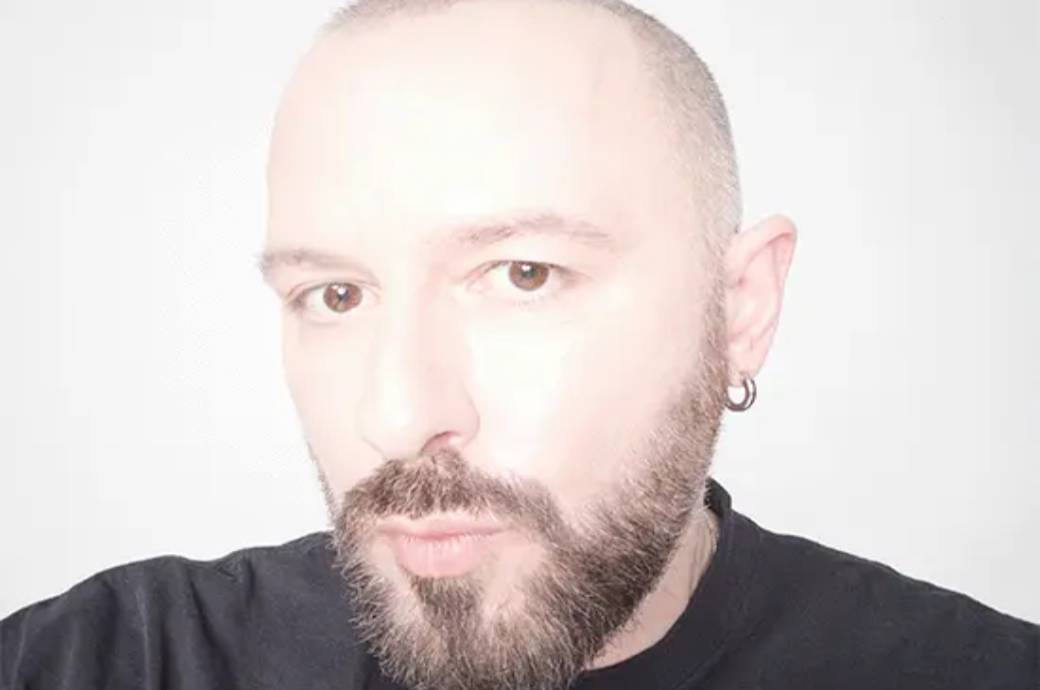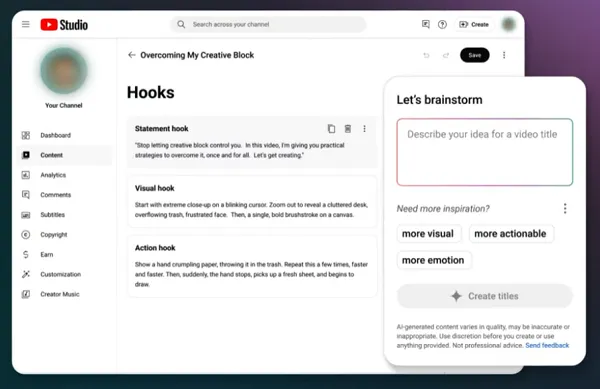
Questions to Ask Your Therapist Before Starting Counseling
Prepare for your first therapy session by asking the right questions. Empower yourself in starting your mental health journey. Your well-being matters.
Before embarking on your therapeutic journey, it’s essential to ensure that you have a clear understanding of the process and feel comfortable with your therapist. Asking the right questions can help you establish a strong foundation for your therapy and build a trusting relationship with your therapist. Remember, therapy is a collaborative effort, and your questions play a vital role in shaping your experience. Here are some key questions to consider asking your therapist before starting therapy:
- What is your experience and specialization in treating mental health issues?
Not every therapist will be a specialist in every mental health issue. In fact, a good therapist should be specialized in a handful of health issues. They may be willing to branch out, or may have experience in something not listed in their bio, so it’s a good idea to ask.
- What therapeutic approach or techniques do you typically use?
Depending on the college your therapist went to and how they continued their education afterwards, therapists will specialize in a handful of therapeutic approaches. Do some research on different therapeutic strategies before you agree to an appointment with them so you know what technique will be the best fit for you. For example, do you like the practical approach of Cognitive Behavioral Therapy? Or do you want to address childhood trauma, like Psychoanalytic therapy can help? Do you prefer Emotion-Focused therapy or one that’s focused on your strengths and abilities, like Strengths-Based therapy?
- How do you handle confidentiality and privacy?
All therapists must comply with HIPAA standards for privacy and confidentiality. This means they will not share any of your information unless you are at risk to yourself or others. If you are doing virtual therapy, make sure you ask if the video platform is HIPAA compliant.
- What are your expectations from me as a client?
Some therapists prefer to pair with clients who are willing to commit to many months, even years, of therapy. Some are about providing immediate relief and coping skills. Knowing what they expect from you will help you both be on the same page as your treatment progresses.
- How will we track progress and set goals during our sessions?
Most therapists will help you set some sort of goals during sessions, even if they’re vague like “address social anxiety”. These goals can be broken into smaller goals such as “go somewhere new” or “converse with a stranger” to mark smaller milestones on your journey towards recovery. If they don’t set distinct goals, ask yourself if that’s okay with you, or if you’d rather have a therapist who is more goal-oriented.
- What is your availability for appointments, and what is your policy on cancellations or rescheduling?
Some therapists keep normal office hours, which can be difficult if you have a full-time job. Others may have strict cancellation and rescheduling policies, which may be a burden if you have kids or an unreliable schedule. Remember that you are the priority here. Be selective.
- How will we address any concerns or conflicts that may arise during our sessions?
Even if you fully vet a therapist, there may be unseen conflicts that arise later in your sessions. When this happens, you’ll want to know you still have a therapist who is on your side and willing to work through conflict with you to find a common ground and do what is best for you.
- What is your stance on using medications in conjunction with therapy, if needed?
Medication for mental health issues can be a powerful tool in recovery. Many people find it extremely helpful to use medication and therapy as a means of healing and recovery. Although Licensed Professional Counselors, Clinical Social Workers, and Psychologists cannot prescribe medication, they can refer you to a Psychiatrist who can.
- How will you involve me in the treatment planning process?
It’s nice to be in the know about what your treatment entails. Consider if you care about knowing the details, or if you’re willing to trust your therapist full-heartedly. Find a therapist who aligns with these values.
- What are your thoughts on the duration of therapy and potential outcomes?
Some therapists adhere to a solution-focused, short-term therapy practice, while others believe it takes months and even years to finish therapy. Neither outlook is wrong, there is research to support both claims, but the outlook that will be best for you depends on your needs and goals.
As you prepare to start therapy, remember that it’s natural to have questions and uncertainties. Your therapist is there to support you through this process, and open communication is key to a successful therapeutic relationship. By asking these questions and discussing any other concerns you may have, you are taking an active role in your mental health journey. Trust your instincts and be honest with your therapist about your needs and expectations. Together, you can work towards living your brightest life.
Where to find a good therapist?
Finding a good therapist starts with finding a good company. Most therapists work within a practice, or a group of other therapists and support staff. These practices often have greater support for their clients because they have team members dedicated to scheduling, billing, and the like so therapists can focus on what they’re good at: therapy!
Companies like Lifebulb Counseling and Therapy, which just surpassed 1500 clients and over 100 therapists, are well-established and vetted practices that hire quality therapists. Online businesses, like SonderMind or Betterhelp, are also good options for online therapy. For local, in-person therapists check out your local zip code in Psychology Today to find great therapists near you.








































![Spider-Man Is Back in Black With the Green Goblin in New Funko Pop! Figures [Exclusive] Spider-Man Is Back in Black With the Green Goblin in New Funko Pop! Figures [Exclusive]](https://static1.colliderimages.com/wordpress/wp-content/uploads/2025/03/spider-man-the-animated-series-green-goblin.jpg)






























